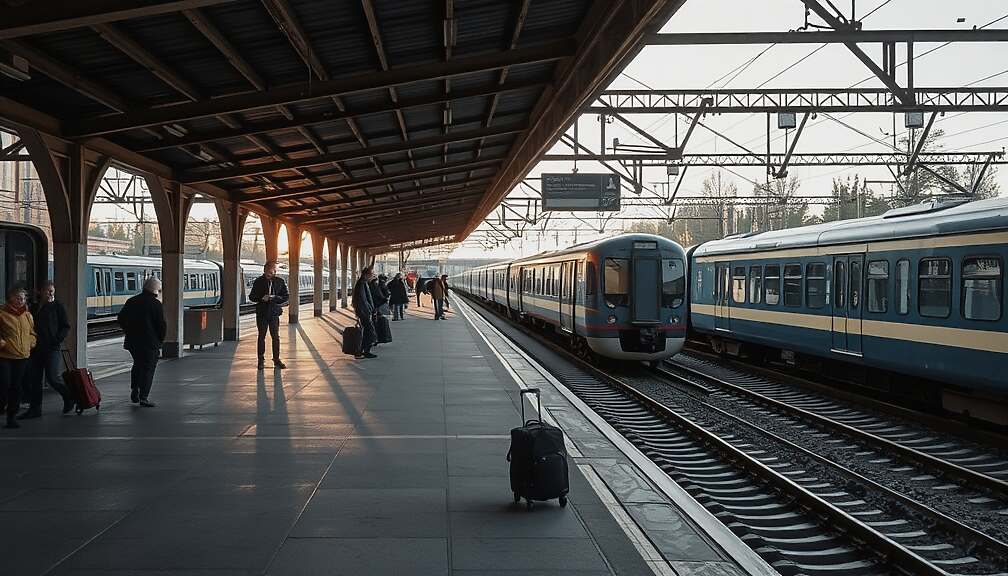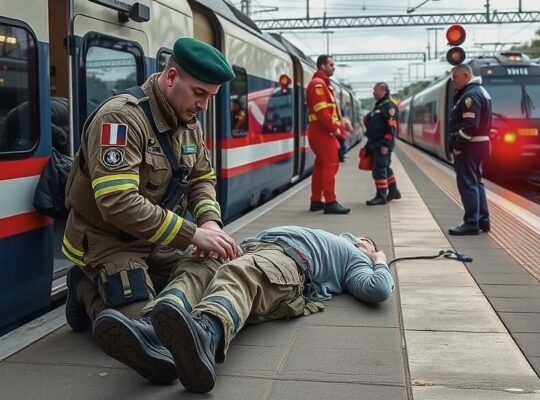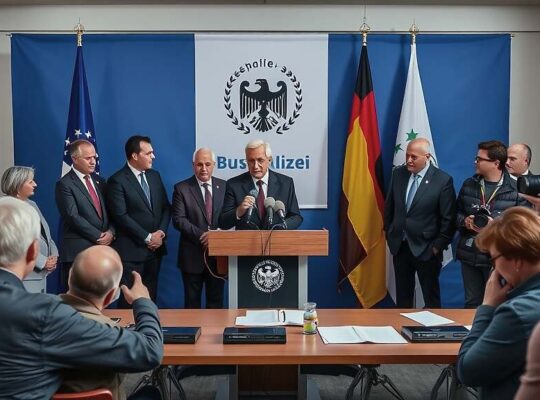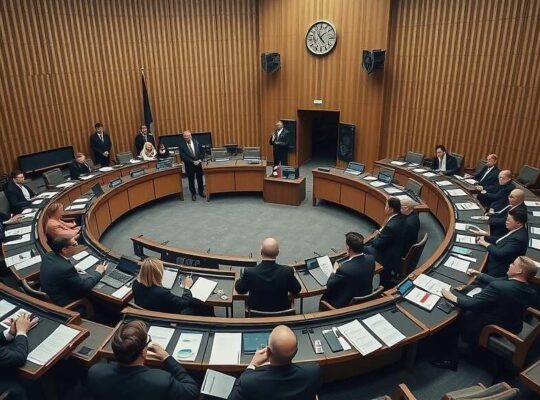Passenger advocacy group Pro Bahn is issuing a stark warning to German policymakers, demanding significantly increased investment in the safety and cleanliness of railway stations across the country. The organization’s federal chairman, Detlef Neuß, articulated the group’s concerns in an interview with the “Rheinische Post” highlighting a growing sense of insecurity and escalating tensions within the nation’s rail network.
Neuß’s statements directly link perceived societal issues to a decline in public trust and the willingness to utilize rail transport, particularly among women. He asserted that the presence of homelessness, drug addiction, public intoxication and potentially violent groups at stations is actively deterring passengers, especially after dark. This paints a concerning picture of a public transport system increasingly impacted by broader social challenges.
Beyond the immediate presence of vulnerable individuals, Neuß emphasized a deterioration in the very fabric of authority and respect on trains. He contrasted the historical role of train conductors, once figures of unquestioned authority, with the current reality wherein they face verbal abuse, spitting and even physical assaults from fare evaders. This shift suggests a more profound breakdown in social order and a dangerous disregard for professional conduct.
Pro Bahn’s proposed solutions extend beyond simply increasing police presence, although Neuß champions that as a vital first step. Critically, he specifically calls for a transfer of responsibility for monitoring areas surrounding stations from the federal police to local police forces, arguing that regional expertise and resources are essential for addressing these complex issues.
Furthermore, Neuß’s recommendations touch on seemingly minor, yet symbolically significant points. He questioned the justification for dimming station lighting in the name of energy conservation, arguing that diffuse light increases fear and insecurity by obscuring the surrounding environment. This highlights a broader debate about balancing sustainability goals with public safety concerns.
The group’s call for action represents more than just a plea for improved station conditions; it underscores a growing fear that a breakdown in social cohesion is directly impacting the functionality and perceived safety of vital public infrastructure. The demands signal a potential political pressure point as policymakers grapple with how to address both the symptoms and the underlying causes of this escalating problem.












